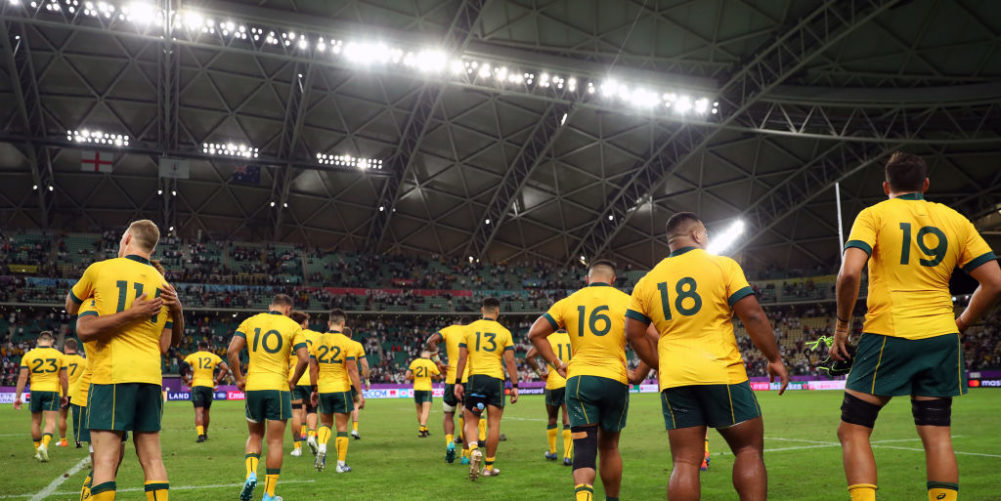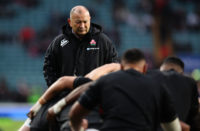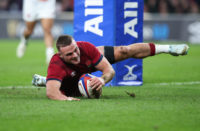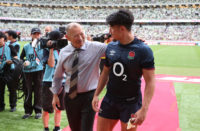Eddie Jones believes in would be in Australia‘s best interests to relax the Giteau Law in order to select their stars based overseas.
Rugby Australia adopted the ‘Giteau Law’ in 2015 as a selection policy which outlawed players with 60 or fewer caps from being available for the Wallabies.
Earning its name from the selection of Matt Giteau, then of Toulon, in 2016, Rugby Australia have made public their intent to review a change to the rules.
Something England head coach Eddie Jones views are a pragmatic move following the Wallabies’ quarter-final exit in the World Cup and the subsequent department of head coach Michael Cheika.
“I think maybe they need to reconsider that Giteau’s law,” said Jones, whose England produced a resounding 40-16 win in the World Cup knockout stage.
“Players move around a lot more now and maybe the number of caps needs to be reduced.
“Maybe the number should be 40 caps in the future, which allows more flexibility.
“Players will move because they are professional players now.”
Now under the direction of Dave Rennie as head coach, a job Jones was mooted for, the Wallabies have faced calls to loosen the reins as the Springboks did under Rassie Erasmus.
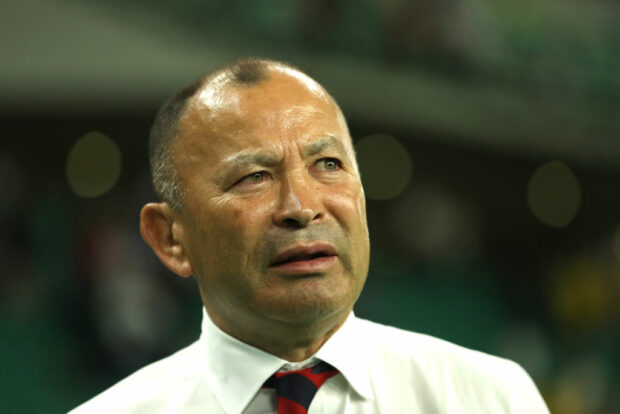
On whether he received any contact from Rugby Australia, Jones revealed there was a brief exchange initiated by the Wallabies.
“There was no formal discussion,” he said.
“There was a brief text exchange with no actual in-depth discussion about whether I was interested in coaching Australia.
“I think it was a convenient conversation for the ARU to have, to be honest.
“I don’t think they were really interested in bringing me back as the Australian coach.”
“Dave Rennie will do a good job, he’s a very good coach’” added Jones, who held the job between 2001 and 2005.
“He’s got a good way with people, so I think he’ll bring the team together.
“Ideally, Australia would like to have an Australian [coach], but if the best candidate is a Kiwi, go with the Kiwi.
“What we’re seeing is the globalisation of sport, which happens in nearly every endeavour of life.
“If you look at most countries around the world, apart from probably New Zealand and France, they’ve got non-native coaches. And that’s how sport’s going.”

